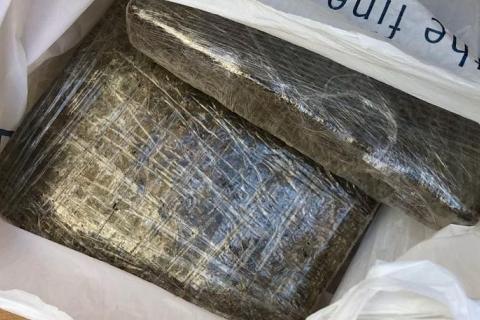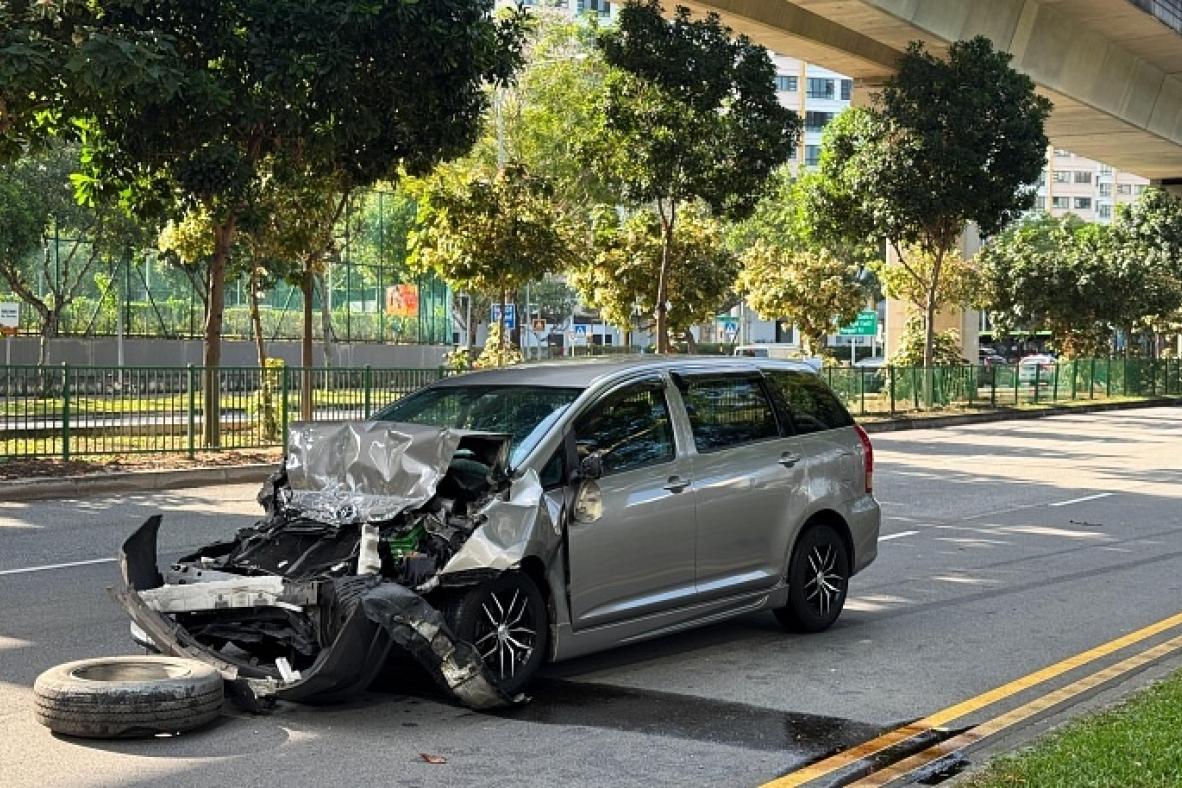‘Ganja man’ sentenced to death for drug trafficking
A former real estate agent who introduced himself as “Ganja man” while advertising the sale of “weed”, has been given the death penalty for trafficking in 4.5kg of cannabis mixture.
The High Court on April 2 rejected Seet Poh Jing’s claim that the drugs in his possession were for research and development of cannabidiol – a chemical found in cannabis – and not for the purpose of trafficking.
The court was also not convinced by Seet’s claim that he was suffering from a drug-induced hypomanic episode, which caused him to form the unrealistic intention of trying to produce cannabidiol.
Justice See Kee Oon added in his written judgment that Seet did not qualify for the alternative sentence of life imprisonment as the man has never claimed that he was a mere drug courier.
Under the law, those convicted of trafficking more than 1kg of cannabis mixture can face the death penalty. Offenders who play limited roles as couriers can be jailed for life if specific conditions are met.
Seet was 28 years old when he was arrested on June 28, 2018, together with his girlfriend, in Tampines.
Officers from the Central Narcotics Bureau (CNB) found five blocks of vegetable matter in the boot of his rented BMW hatchback parked nearby. His home in Hougang was also searched.
The blocks of vegetable matter were later analysed to contain 4.5kg of cannabis mixture.
A forensic examination of his two mobile phones showed that he had used one to send out mass text messages advertising the sale of “weed”, a common term for cannabis.
In a message sent to a person saved in his contacts list, he introduced himself as “Ganja man” before he sent out the advertisement.
A psychiatric assessment by Dr Kenneth Koh of the Institute of Mental Health concluded that Seet suffered from a substance use disorder because of his consumption of methamphetamine and cannabis.
His trial began in September 2022.
Seet admitted that he had the drugs, and that he knew the nature of the drugs. Therefore, the only issue to be determined was whether he intended to traffick the drugs.
Midway through the trial, another psychiatric assessment was conducted by Dr Jacob Rajesh of private clinic Promises Healthcare.
In a report on March 11, 2023, Dr Rajesh diagnosed Seet as suffering from a drug-induced hypomanic episode, which began in March or April 2018, and persisted due to his continuing drug use.
Dr Rajesh said Seet’s symptoms “contributed significantly to his reckless and impulsive behaviour” as he was using the drugs for the extraction of cannabidiol oil as part of his “grandiose plans to set up a cannabis business” despite the illegality of the venture.
In his written judgment, Justice See noted that the defence painted a vivid picture of Seet as a fervent cannabis enthusiast.
Seet claimed that he wanted to be the first one-stop shop for cannabidiol products in Singapore and to be the sole distributor for South-east Asia for skincare products that contained cannabidiol oil.
He had contacted a friend in Canada about setting up a Canadian company to sell cannabidiol oil, and had also approached a lawyer to explore starting a cannabis-related business in Singapore.
But Justice See concluded that Seet’s claim of conducting research and development was an afterthought that he made up for his trial.
The judge noted that Seet gave multiple statements to the CNB after his arrest, but did not raise this claim until his trial.
In a statement on June 29, 2018, Seet said the drugs were meant for helping his “damaged” friends get back on track in life.
In another statement, on July 3, 2018, he said the drugs were meant for sharing, his own consumption and sale. Each block was priced at between $2,500 and $4,500, he said.
He tweaked his explanation again on July 4, 2018, stating that the drugs were for his own consumption and that he took 25g each day.
Justice See added that despite his effusive claims about his research and development business venture, Seet evidently did not possess the know-how to extract cannabidiol from the drugs.
The judge found it difficult to believe that Seet had any concrete plans for research and development, given that his ambitions were contingent on cannabis being legalised in Singapore and that his purported plans were “vague, nebulous and ultimately undeveloped”.
“Seet may well be a ‘cannabis enthusiast’ and concomitantly also an illicit trafficker of controlled drugs, as his statements indicate. These two characterisations of Seet are not binary,” he said.
Get The New Paper on your phone with the free TNP app. Download from the Apple App Store or Google Play Store now


